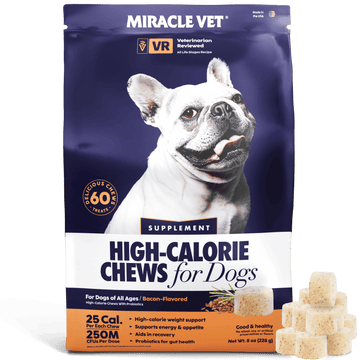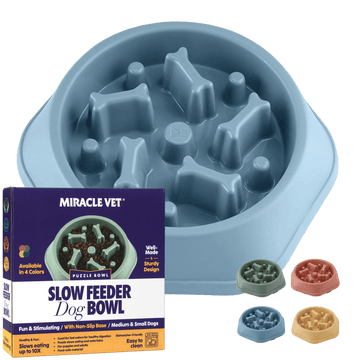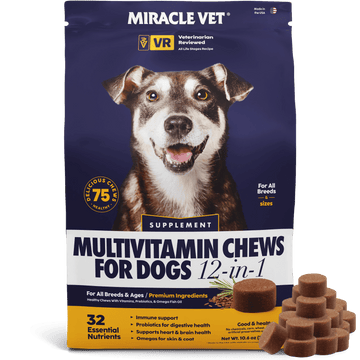There are many debates over whether dogs should have carbohydrates in their diet or not. Some people say they should stick to an ancestral diet of very little carbs whereas other nutritionists believe the right type of carbs can benefit your dog's modern lifestyle.
The appropriate amount of carbohydrates for a dog's diet can vary based on factors such as their age, breed, activity level, and any underlying health conditions. Dogs, like humans, require a balanced diet that includes proteins, fats, and carbohydrates to meet their nutritional needs.
As a general guideline, carbohydrates should typically make up around 30% to 70% of a dog's daily caloric intake. However, it's important to note that dogs are primarily carnivorous animals, and their dietary requirements lean more towards protein and fats than carbohydrates.
Carbohydrates in your dog's diet
Here are a few things to keep in mind regarding carbohydrates in a dog's diet:
Quality of Carbohydrates
When providing carbohydrates, focus on high-quality sources such as whole grains (e.g., brown rice, quinoa), vegetables (e.g., sweet potatoes, carrots), and some fruits (e.g., apples, blueberries). These sources provide fiber, vitamins, and minerals.
Activity Level
More active dogs may require slightly more carbohydrates to fuel their energy levels, while less active dogs might need fewer carbohydrates to prevent weight gain.
Weight Management
If your dog needs to lose weight, you might consider reducing carbohydrate intake slightly while maintaining adequate protein intake to support muscle maintenance.
Health Conditions
Dogs with certain health conditions like diabetes might require careful management of carbohydrate intake. Consult with your veterinarian for specific dietary recommendations.
Grain-Free Diets
Grain-free diets have gained popularity, but it's essential to choose a well-balanced diet that still provides necessary nutrients. Some dogs have grain allergies, but not all need to avoid grains in their diet.
Individual Variations
Dogs can have varying tolerance levels for carbohydrates. Monitor your dog's response to different carbohydrate sources and adjust their diet accordingly.
Consult with a Veterinarian
Your veterinarian is the best source of guidance when it comes to determining the appropriate amount of carbohydrates for your specific dog. They can help tailor a diet plan based on your dog's unique needs.
Remember, the quality of carbohydrates matters as much as the quantity. Balanced nutrition is key, and it's always recommended to consult with a veterinarian or a qualified veterinary nutritionist to ensure your dog's diet meets their individual requirements for optimal health.
For a quick and easy balanced wet food, why not try our Instant Fresh Chicken and Vegetable Risotto, ideal for dogs who have a high energy lifestyle and enjoy a good balance of carbohydrates and proteins.










